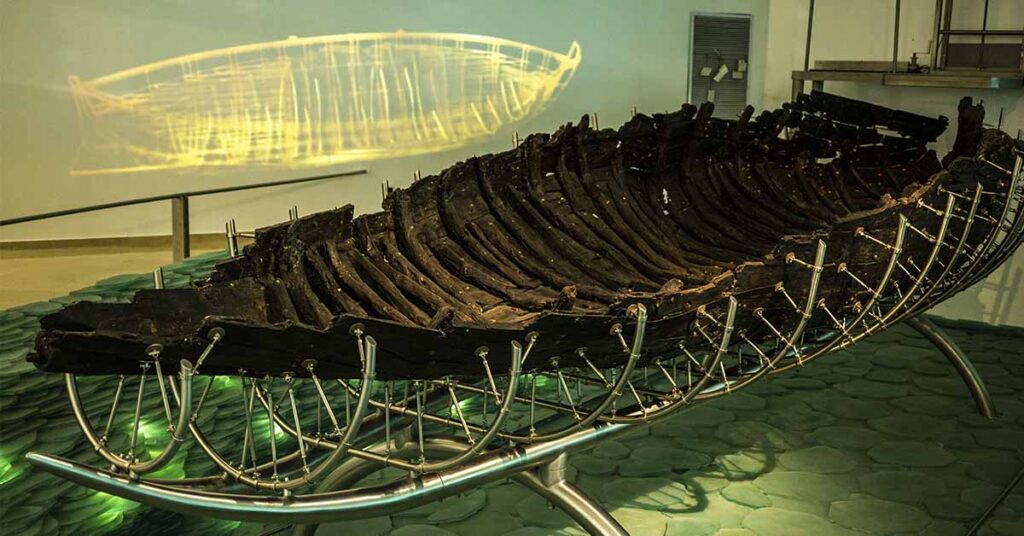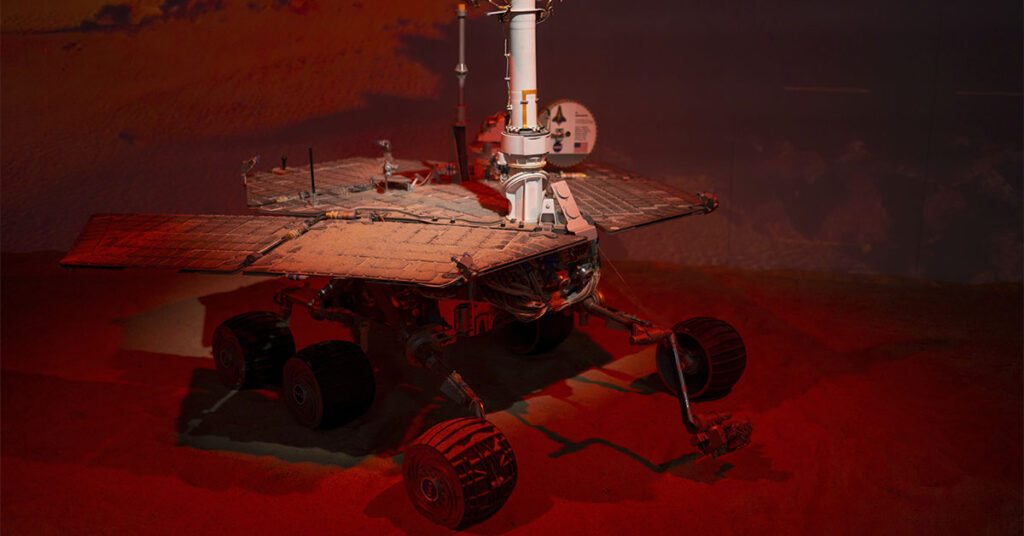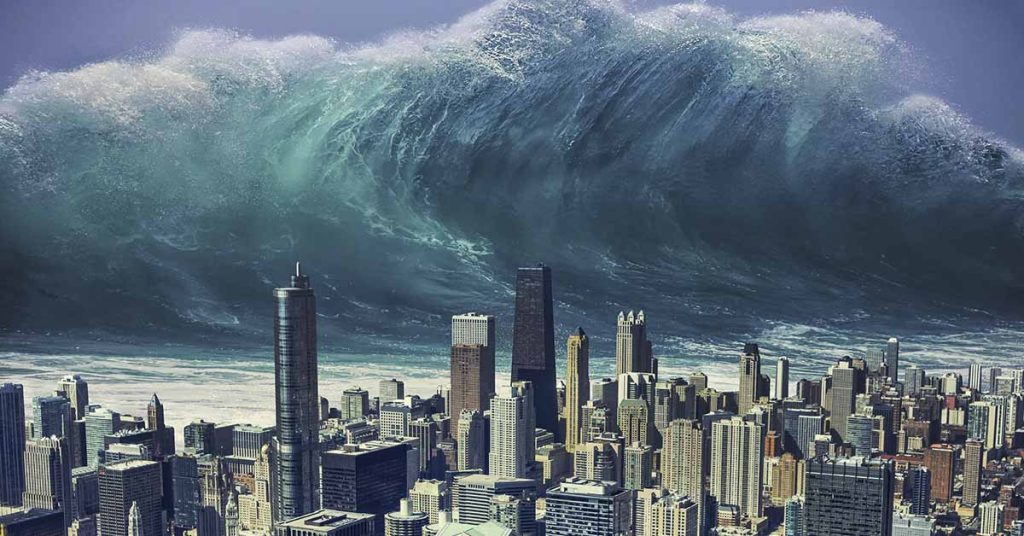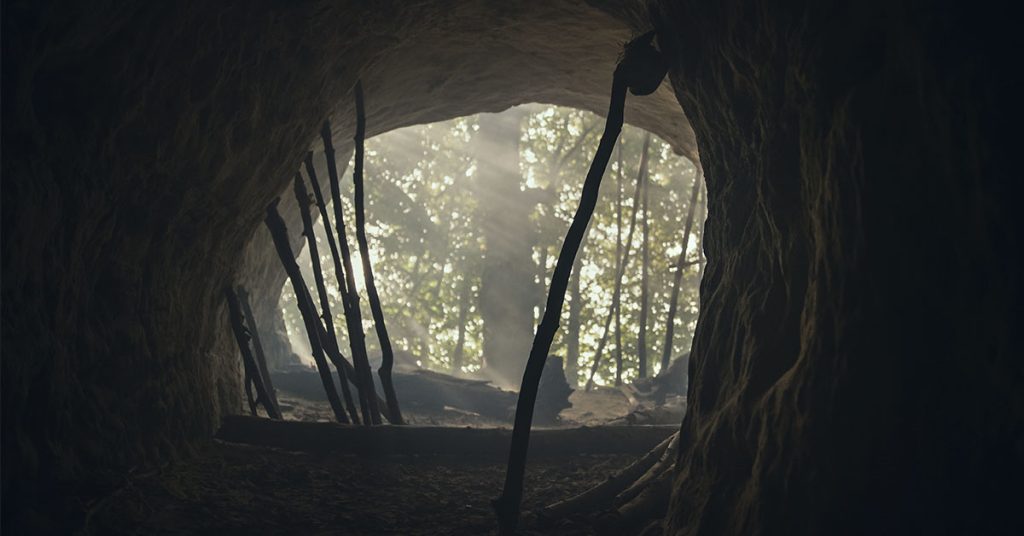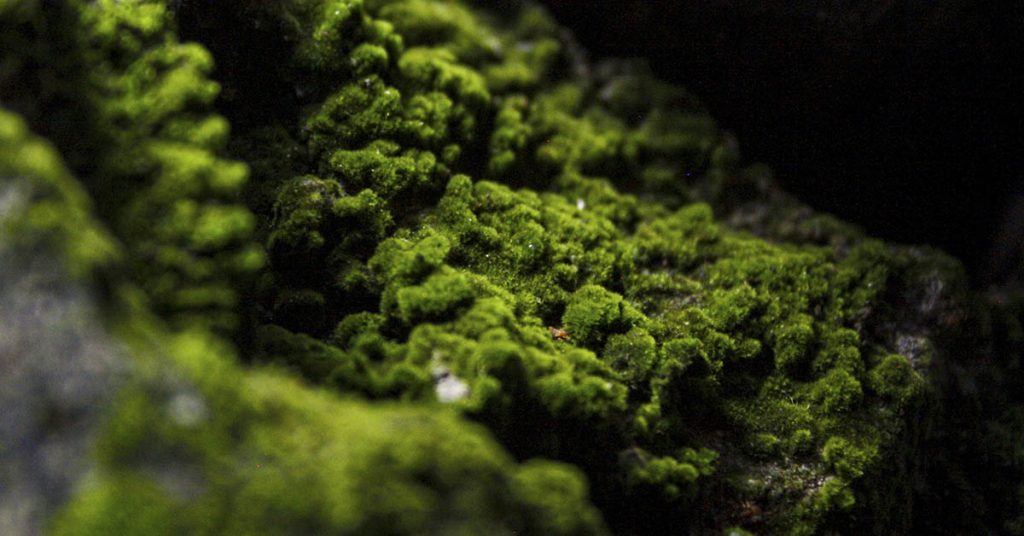In January 1986, brothers Moshe and Yuval Lufan made a discovery that would fascinate archaeologists and believers worldwide. They uncovered the remains of a 2,000-year-old fishing boat buried in the muddy shores of Israel’s Sea of Galilee. It was the first ancient vessel archaeologists had ever found in the biblical lake. Measuring 27 feet long and 7.5...
Planet
NASA’s unwavering commitment to exploring the stars has led to incredible insight into the stars. In 1997, NASA landed their first rover on our planetary neighbour Mars. Sojourner became the first rover to roam on another planet and gave humanity our first glimpse of the Martian soil. Then on July 7, 2003 NASA launched their...
Seven countries now generate almost 100% of their electricity from renewable energy sources. This major milestone proves that a fully green power grid is more than just a future goal, it is already a reality in parts of the world. As climate concerns mount and fossil fuel dependence continues to cause global tensions, these nations...
American news focuses on domestic politics and familiar foreign stories. But it’s missing major global events that directly affect U.S. interests. Political changes in key allies and new forms of warfare dominate international headlines. Yet they get little American media attention. This blind spot leaves Americans unprepared when these crises hit our economy, security, and...
Imagine a massive wall of water slamming into the West Coast, giving residents just minutes to escape. This nightmare scenario is not fiction but a very real threat. Scientists have warned that a doomsday tsunami could strike the Pacific Northwest, driven by the powerful Cascadia Subduction Zone (CSZ), a fault line stretching from Northern California...
In eastern Utah, the sun beats down on red cliffs and dry soil. Water should have disappeared here long ago. But deep in a canyon, the Price River still runs, and green plants line its edges. This stretch of river is changing, and not by accident. A New Kind of River Rescue Rivers across the...
Scientists have found a 65,000-year-old tar-making site created by Neanderthals in Vanguard Cave, part of the Gorham’s Cave complex in Gibraltar, a UNESCO World Heritage Site. Using a dating method that measures how long quartz crystals have been in darkness, researchers placed the site between 67,000 and 60,000 years ago. This was before modern humans reached Europe, when...
Japan completed the world’s first real-time ocean floor earthquake detection system in June 2025, giving 20 seconds more earthquake warning and 20 minutes more tsunami warning. The network spans 116,000 square miles of Pacific Ocean floor, connecting 150 sensors through 3,540 miles of special cables placed where earthquakes start. Scientists Can Now “Listen” to Ocean...
Over 500 ancient stone monuments dot the rolling hills of southwestern Spain. La Torre-La Janera stretches across 220 acres in Huelva province. Prehistoric humans built this sacred landscape starting around 5000 BC. The site contains standing stones, burial chambers, and stone circles all in one location. Built 2,000 years before Stonehenge, this megalithic site represents one of...
Pop culture is full of references to messages from outer space. Some of them were friendly attempts at communication, such as the five-note musical sequence transmitted to Earth by aliens in Close Encounters of the Third Kind (1977). Others were more ominous, such as a coded countdown to an attack in the movie Independence Day...
The Delft University backed start-up Respyre has developed technology that might revolutionize urban landscapes through integrating biodiversity into concrete. As cities worldwide battle with rising temperatures and air pollution, this technology aims to resolve this challenge. Concrete worsens these problems by absorbing heat and reflecting it back as thermal energy. Researchers at TU Delft have...
The Perseid Meteor Shower has returned for its annual appearance, and this year’s show is already underway. Starting on July 17, 2025, the night sky has began its transformation into a stage for one of the most anticipated astronomical events of the year. Over the next several weeks, meteors will streak across the heavens, offering...
